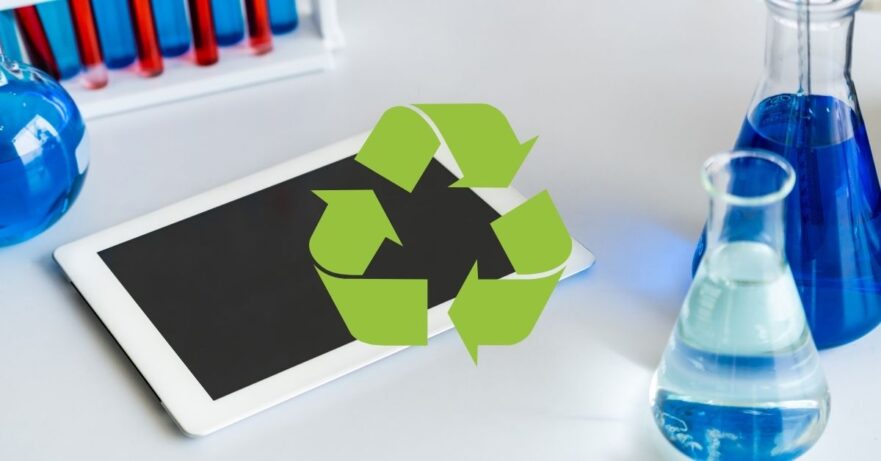In any business involving the use of solvents and machinery there is a lot of waste expected to be produced. From grey water to fuel to spent solvents, there is a lot to consider when it comes to building a waste management plan.
An important factor to consider when building this plan is sustainability. How does my waste impact my facility, my community, and the environment? Looking at waste management through the lens of sustainability can help to make your processing more efficient and save you money.
Sustainability = cost savings
There is legislation that governs exactly how waste should be managed which can be found on municipal or county websites, but from a business standpoint there is a lot to gain from improving the production process.
Costs can be reduced by investing in more energy efficient machinery, as well as saving on disposal costs and fees. The initial price tag for waste management equipment or waste management services may be high, but the cost savings offered in the years to come can help offset the cost of an upgrade.
In addition to this, in terms of sustainability, using less energy, less fuel and less solvents will ultimately be better for the environment and community.
Solvents in the environment
If you are a user of solvents, be it acetone or lacquer thinner, there is something to be said about solvent recycling. Solvents can end up in the environment in the form of air pollution or spills, which poses a risk to the surrounding ecosystems and human health.
While solvents may only enter the environment in small portions that wouldn’t be of concern to human health, they take a long time to break down and are difficult to clean up. Aquatic ecosystems can be majorly impacted by spills since the solvents end up in the ground and lake water where many sensitive species live. Protecting those environments is of great importance to environmentalists and policy makers and should be of importance to manufacturers too!
Many companies offer services to collect, reprocess and then return spent solvent, instead of disposing of it entirely – where it has a greater likelihood of ending up somewhere it doesn’t belong.
Closed-loop manufacturing to reduce, reuse and recycle
What does closed-loop manufacturing mean? In terms of sustainability, it means to reuse some of the inputs used in the production process. Creating a continuous cycle of solvent use and reuse is a way to integrate this practice into your business.
Take ethanol for example, the fractional distillation process is used to dewater and reproof ethanol to up to 95% purity. If you could perform fractional distillation at your facility or have a company do it for you, you could continue to reuse that ethanol without having to purchase a new drum or having to transport the solvent off site. This offers you cost savings, safety in transportation and an opportunity to reduce waste all together.
Managing waste with a reduce, reuse and recycling mindset can help improve your businesses sustainability model and practices. Companies like Maratek Environmental also offer the opportunity to buy repurposed solvents from other companies, kind of like buying a refurbished computer at the store. It is a great way to extend the life of solvents and save money, compared to buying virgin solvents.
In conclusion, its all about reducing, reusing, and recycling when it comes to waste management in a sustainable world.
Companies like Maratek are constantly looking for ways to reduce our client’s bottom line and help the environment. Reducing the amount of solvent used by upgrading to more efficient equipment and closed loop systems, reusing spent solvent through processes like fractional distillation or purchasing used solvent and finally, recycling solvent with companies like Maratek are all ways to help save money and be a good steward of our environment. Want to learn how Maratek Environmental can help your business save money and become more environmentally-friendly? Contact us today.

